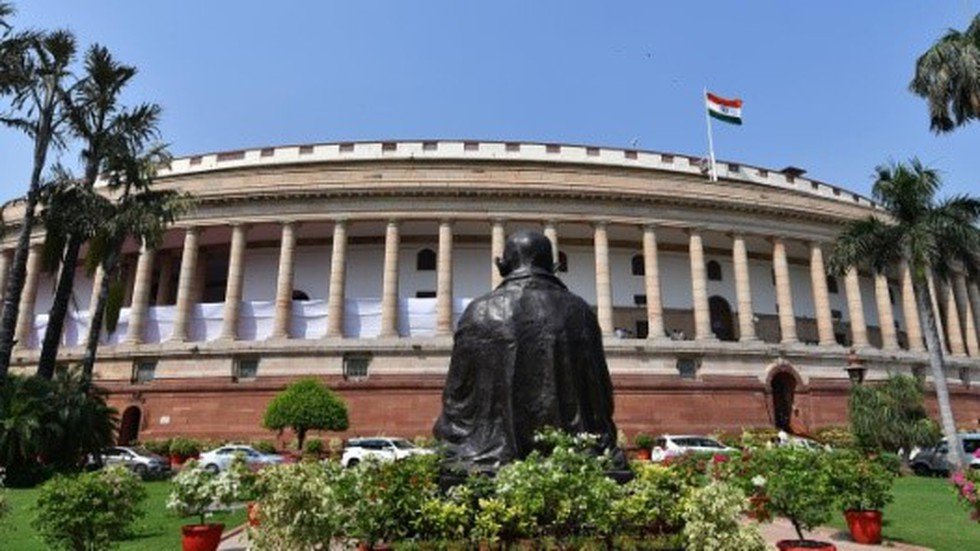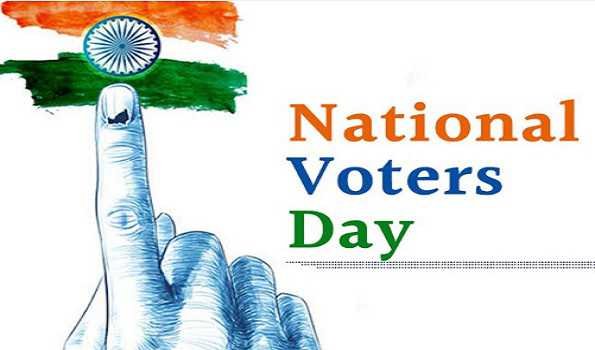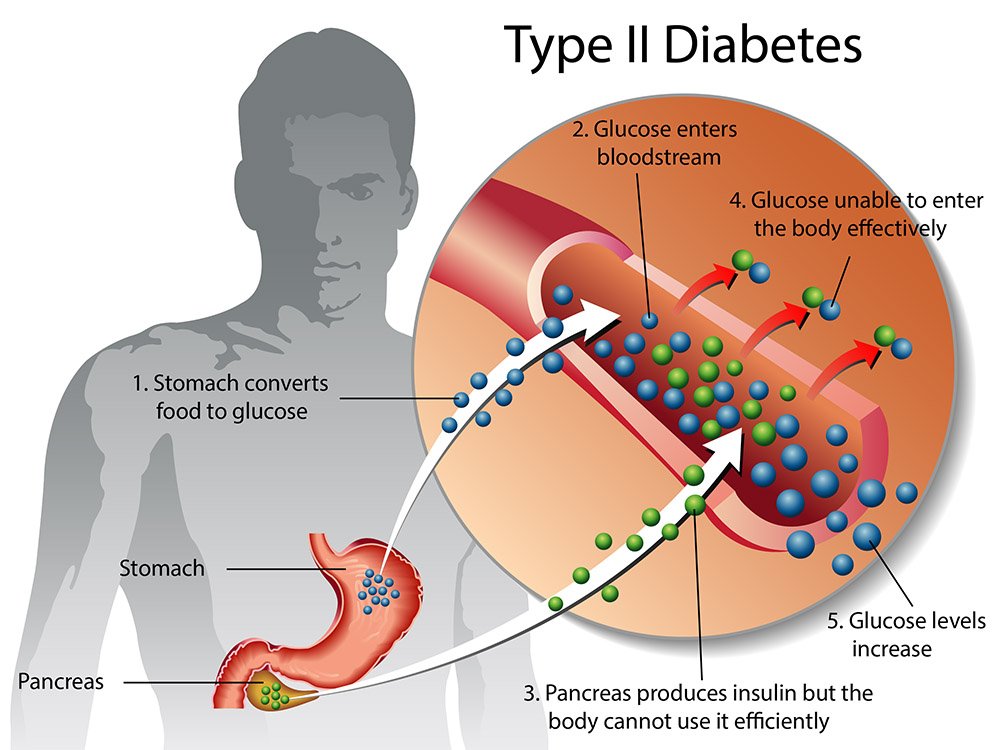
Special categories of Voters
Subscribers of "Current Affairs" course can Download Daily Current Affairs in PDF/DOC
Subscribe to Never Miss an Important Update! Assured Discounts on New Products!
Must Join PMF IAS Telegram Channel & PMF IAS History Telegram Channel
- Context (IE): Under the Representation of the People Act, 1951 (RPA), special exceptions are made for specific categories of voters to ensure that everyone gets to exercise their franchise.
Alternative methods of voting
- Postal ballots
- Facilitation centres,
- Postal voting centres
- Home voting
- Voting in a different polling centre
- Proxy voting
- Assisted voting
Postal Ballots
- ‘Postal ballot’ allows voters who cannot be physically present in polling stations to vote remotely, as specified in Section 60 of the RPA.
- This method differs from regular voting in three ways.
- Polling takes place outside the polling station;
- It takes place without EVMs (EDC voters are an exception);
- Polling takes place before the designated poll poll date in the constituency.
- Those eligible for postal voting must submit a formal application to the Returning Officer (RO) within a set timeframe.
- Service voters and electors under Preventive Detention automatically receive postal ballots. Once issued, these voters cannot vote in person.
- Their name on the electoral roll will be marked with ‘PB’, except for Service voters, who have a separate part of the electoral roll in each constituency.
- Special voters, service voters, and the electors subjected to preventive detention can return their PBs by post.
- As per the Conduct of Election Rules, 1961 (CER), the following classes of persons are entitled to vote by postal ballot:
Special voters
- Individuals holding declared office under Section 20(4) of RPA, including the President, Vice President, Governors, Cabinet Ministers, other high-ranking dignitaries, etc. and their spouses.
Service voters
- Members of the Indian armed forces, paramilitary forces, armed state police members serving outside their state, or a government employee stationed abroad and their spouses residing with them.
Electronically Transmitted Postal Ballot System (ETPBS)
- Rule 23 of CER was amended to introduce the ETPBS for Service Voters, speeding up the delivery of postal ballots.
- ETPBS features encrypted ballots sent electronically via a secure portal.
- While the ballot is transmitted electronically, voters return their completed ballots via post at no cost.
Voters on Election Duty
- This includes all Commission’s observers, presiding officers, polling officers and agents, police personnel, and public servants assigned official tasks on polling day.
- Private individuals and non-government staff, such as videographers, control room staff, drivers, conductors, cleaners, helpline staff, etc., are also covered.
Electors subjected to Preventive Detention
- Section 62 of the RPA, 1951 confers voting rights on electors subjected to preventive detention.
- As per Rule 18 of the CER, electors under preventive detention are entitled to cast their votes by post.
Absentee voters under Section 60 (c) of RPA, 1951
- In 2019, the Election Commission created the ‘Absentee Voters’ category.
- This includes-
- Senior citizens aged 85+ (AVSC),
- Persons with disabilities having at least 40% disability (AVPD),
- Covid-19 suspect or affected persons (AVCO), and
- Persons employed in essential services (AVES).
- Railways, telecom, electricity, health, traffic, aviation, fire services, media persons authorised by ECI for poll day coverage, etc.
Facilitation centres and Postal voting centres
- Rule 18A, CER (2022) mandates election duty voters to vote at Facilitation Centers using postal ballots, preventing undue influence by not allowing ballots to be taken home.
- These centres, located at training venues and designated offices, operate before the election, with the voting process videotaped.
- The Postal Voting Centre (PVC) for Essential Services (AVES) voters operates at designated venues. Voters can receive and cast ballots on any of three fixed days from 9 AM to 5 PM.
- The contesting candidates are notified about the location and schedules of these centres; they can send observers who are allowed to sign the postal ballot register and receive a copy.
Home Voting
- Over 81 lakh 85+ aged voters and 90 lakh PwD voters are registered in the electoral roll nationwide.
- For absentee voters over 85 (AVSC), PwD (AVPD) and AVCO, Booth Level Officers (BLOs) deliver Form 12D and compulsorily obtain acknowledgements from them.
- If the elector opts for the Postal Ballot, then the BLO collects the form for home voting within five days of the election’s notification.
- For home voting, teams consisting of two poll officers, a police security officer, a micro-observer, and a videographer are formed.
- Voters are notified via SMS, post, or BLO; if a voter is unavailable after two attempts, no further action is taken. Candidates, agents, and media are informed and can observe.
- All visits are completed before the polls.
Voting in a different polling centre
- If a person on election duty is deployed in the same constituency where they are enrolled as voters, the RO can issue the applicant an Election Duty Certificate (EDC).
- EDC entitles them to vote at a polling station through EVM where they are on duty, which is not the station where they are enrolled as a voter since they are deputed through randomisation.
- However, if they are on duty in another constituency, they are entitled only to a postal ballot.
Proxy voting
- Service voters in the Armed and paramilitary forces can vote either by proxy or postal ballot. Those who choose the proxy voting method are known as ‘Classified Service Voters’ (CSVs).
- They must appoint a resident as their proxy.
- The proxy votes at the designated polling station, and indelible ink is applied to their left middle finger to indicate proxy voting.
Assisted Voting
- If an elector is unable to vote due to blindness or disability, the Presiding Officer may allow a companion over 18 to assist them in the voting booth.
- The indelible ink is applied to the companion’s right index finger in such cases.
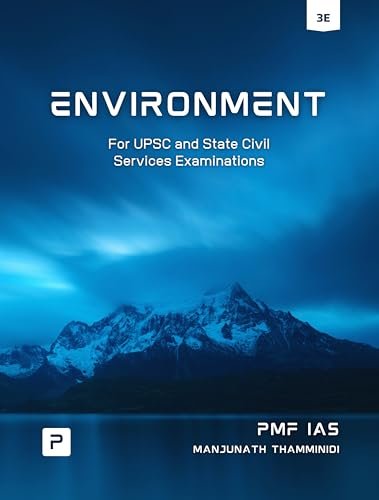

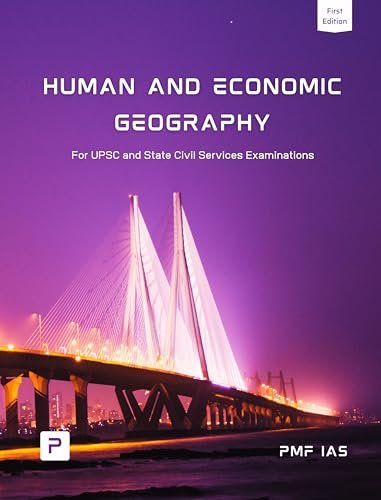




![PMF IAS Environment for UPSC 2022-23 [paperback] PMF IAS [Nov 30, 2021]…](http://pmfias.b-cdn.net/wp-content/uploads/2024/04/pmfiasenvironmentforupsc2022-23paperbackpmfiasnov302021.jpg)
